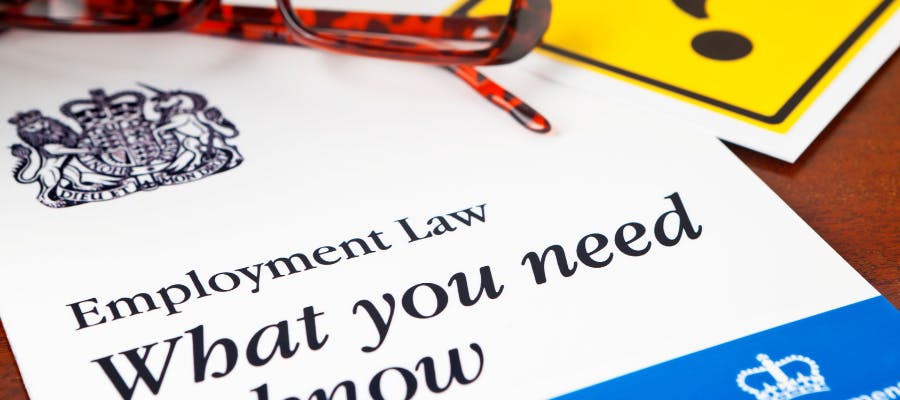First published on Wednesday, April 9, 2025
Last updated on Wednesday, April 9, 2025
On April 28th, 2025, Canadians will be going to the polls to elect new members of parliament. And it’s important for employers across the country to both encourage their workforce to vote and understand their legal obligations in supporting employees to exercise this right to vote.
But how do you maintain productivity in your business while likely being short staffed on the big day? We’re sharing everything you need to know to stay compliant AND keep your business running smoothly. Read on to find out!
Is it mandatory for employers to give employees time off to vote?
Yes. Under the Canada Elections Act, all Canadian employers must give their staff at least three consecutive hours off on Election Day to vote. This is a job protected leave, and you must pay your employees for this time spent away from work.
You can’t dock wages, penalize, or threaten disciplinary action if employees take time off to vote as it would be considered illegal interference with their democratic rights.
Are remote employees allowed this time off work too?
The short answer is yes. Whether employees work on-site, remotely, or in a hybrid setup, they’re still entitled to time off to vote. Voting rights don’t depend on where someone works. Since remote employees need to step away from their desks to cast their vote, they must be given that time just like any other employee.
Can I decide when an employee takes time off to vote?
Yes, employers can choose what time of the day to give their staff time as long as you’re giving them three consecutive hours within voting hours.
Polling hours vary by time zone, but in most provinces, voting is open from 9 AM to 9 PM. If an employee’s schedule doesn’t already allow for a three-hour window to vote during that time, you’ll need to adjust their shift to make sure they have it.
If your employee works a standard 9 AM to 5 PM shift, you don’t need to give them time off to vote—they already have a three-hour window between 5 PM and 9 PM after work.
But if they work from 10 AM to 7 PM, it’s a different story. Since they don’t have a full three hours before or after their shift, you’ll need to give them time off during the workday to vote.
What if an employee wants to take time off last-minute?
Let's face it—some employees are guilty of waiting till the very last minute to request time off. It's important to understand that while every employee is entitled to time off, they still have to inform their employer through the proper channels.
A last-minute request to vote can create scheduling headaches, especially if your team is already stretched. That’s why it’s important to plan ahead.
Best practice? Create a flexible election day schedule or shift coverage plan in advance. Doing this helps you maintain productivity, reduces disruptions and makes sure everyone gets their time to vote.
What if my employee is serving as a poll official?
If your employee is chosen to work as a poll official like a returning officer or poll official they may be entitled to an unpaid, job-protected leave, as long as they give you at least seven days’ notice.
You can’t deny a valid request or ask them to use their vacation time. This type of leave is protected by law and must be granted without penalty.
Can I make employees send in their vote by mail?
If you're considering asking employees to vote by mail so they don’t miss work, you’ll need to scrap that idea.
Voting methods are a personal choice, and you can’t direct, pressure, or force anyone to vote a certain way or by a certain method.
Doing so could be considered voter intimidation, which carries serious consequences—fines up to $50,000, up to five years in prison, or both.
What are the penalties for non-compliance?
Failing to meet your obligations as an employer on election day can lead to serious legal consequences:
Fines up to $2,000 or up to three months in jail for not providing voting time
Stronger penalties if you knowingly interfere with an employee’s right to vote
Reputation damage, which can hurt team morale and how your business is seen publicly
Need help staying compliant this election season?
We’re here to help. At BrightHR, our 24/7 HR advice line and smart scheduling tools make it easy to stay compliant without the stress.
Whether you're preparing for the election, managing leave requests, or creating dynamic schedules, our suite of people management features and services make running your business on election day a breeze.
Eager to see how we support business owners like you? Book a demo today!



